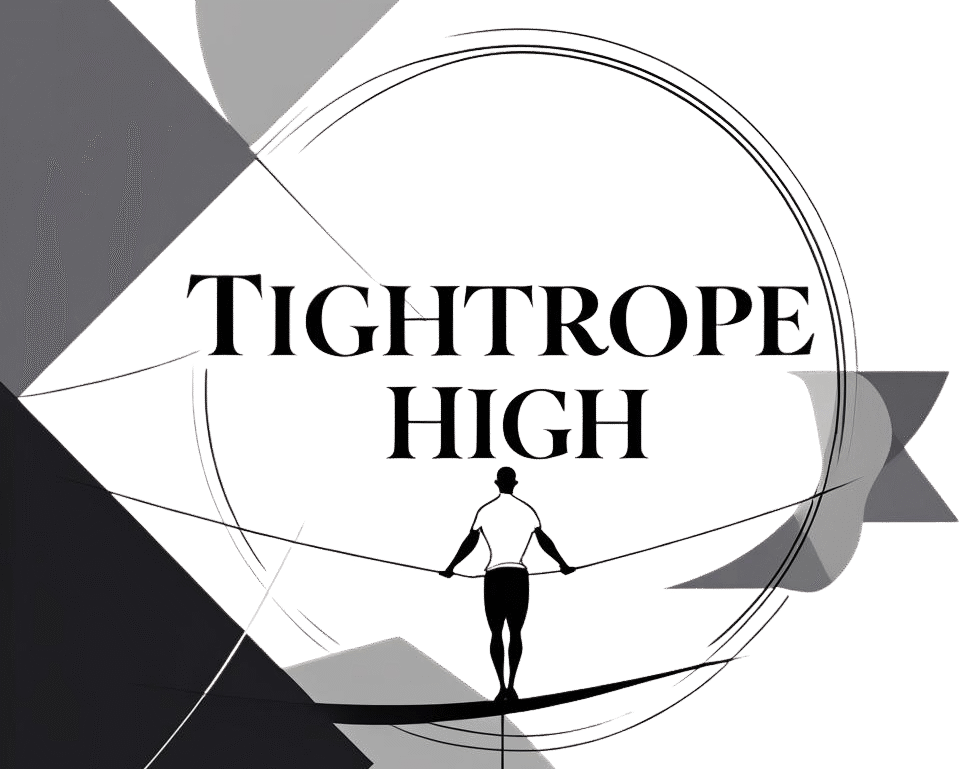Every relationship we enter is already encoded with an ending. This is not cynicism but fact. Lovers part. Friendships fade. Parents die. Children grow into lives where we no longer belong at the center. Even the most enduring companions, those who feel stitched into our very being and who, we believe, will never abandon or forsake us, will one day be gone, whether by choice, by fracture, or by the quiet certainty of death.
This truth is difficult for the human mind to bear. Our nervous system was not designed to hold impermanence with grace. We are wired to cling. The infant who cries when her mother steps away is not being dramatic; she is obeying biology. To be left is to feel endangered. It is no wonder, then, that when someone leaves us later in life, the body still reacts as if survival itself has been threatened. We call it heartbreak, but it is far more literal: the brain registers abandonment in the same circuitry as physical pain.
If you have ever felt hollowed out after being left, it is not because you are weak or defective. It is because you are human.
Neuroscience confirms what poets have always intuited: loss burns in the body. Functional MRI scans reveal that rejection lights up the anterior cingulate cortex, the same region activated when our physical body is wounded. Grief, then, is not a metaphor. It is a wound with no visible bleeding. Oxytocin and dopamine, the neurochemicals that knit us to each other in closeness, collapse in absence, leaving the body trembling, sleepless and with immune defenses lowered. To be abandoned is not to feel hurt, but to be hurt.
It is not only biology that deepens the ache. It is also the long shadows of childhood. Attachment theory tells us that as infants we form templates of trust and fear, based on whether our caregivers were consistent or unpredictable. Some grow into adulthood with the quiet conviction that love is safe; others carry a restless dread that absence means rejection, that silence means betrayal. Every unanswered text, every distance in the gaze of a lover, can reactivate the oldest of wounds: I will be left, because I am not enough or I am too much.
Still, we are not condemned to repeat these patterns forever. The brain, mercifully, has what we call neuroplasticity. New love, patient therapy, and the slow discipline of mindfulness can rewrite what was etched in us long ago. We cannot prevent others from leaving, but we can learn not to abandon ourselves when they do.
Eastern Philosophy names impermanence as the only constant. Anicca. Nothing holds still. To love is to love what will change. To cling to permanence is to suffer, but to reject connection out of fear is to suffer also. The middle way is presence: to let each shared glance, each laugh across a table, each touch of a hand astonish us as though it were both eternal and fleeting. Because it is. Impermanence is not the enemy of love. It is what makes love incandescent. If nothing ended, nothing would shine.
And yet when someone leaves, we are left with the cruel whisper that perhaps it was us. That if we were better, more beautiful, more gentle, more clever, less demanding, then maybe they would have stayed. But departures say less about our worth than about the limitations of the one who leaves. Sometimes people cannot stay, not because we are unworthy, but because their wounds, their fears, or their unfinished battles make constancy impossible. Their leaving is their story, not our definition.
The meaning of what we shared is not annulled by its ending. The laughter was real. The intimacy was sacred. That it did not last forever does not render it meaningless. As the poet Mary Oliver wrote, “To live in this world you must be able to do three things: to love what is mortal; to hold it against your bones knowing your own life depends on it; and, when the time comes to let it go, to let it go.”
Existential Psychiatrist, Irvin Yalom, reminds us that abandonment touches all of life’s ultimate concerns: death, isolation, freedom, meaning. It is a rehearsal of mortality, a confrontation with aloneness, a demand to wrestle with significance. But Yalom also insisted that in facing death, and by extension loss, we awaken. The very fact that everything ends sharpens our sense of what matters. Rollo May wrote that love, courage, and creativity emerge precisely from this confrontation with impermanence. To grieve is therefore not to be destroyed by life but to be initiated into its depths.
Viktor Frankl, who endured the unspeakable losses of the Holocaust, declared that suffering can be given meaning. Grief, then, need not be our enemy. It is our teacher. It slows us, humbles us, strips away illusions of control. It cracks us open until we see that life was never ours to keep, only to experience with reverence. To grieve is not to fail. It is to honor that something, someone, mattered.
And so we return to the paradox. If every relationship ends, why risk it? Why hand over our heart only to have it broken? The answer is both simple and searing: because belonging is not optional. To close ourselves off may spare us abandonment, but it leaves us starved. We are herd animals, wired for eye contact, touch, reciprocity. Isolation is not safety; it is corrosion. The price of connection is its fragility, but the reward is life itself.
In the end, every bond we form is precious, yet none can serve as our ultimate home. People will love us, but they cannot carry us forever; they will accompany us, but they cannot complete us. The only true place we ever fully belong is within ourselves. To cultivate that belonging, to sit with our own company, not as exile but as sanctuary, is the deepest form of freedom. When we anchor in ourselves, relationships stop being lifeboats that keep us afloat and become instead shared journeys on an already steady sea. Others may come and go, but the ground beneath us remains.
To risk love, knowing it will end, is the most human act of all. Each time we dare again, we declare that beauty outweighs loss, that the ache is a cost worth paying for the miracle of being seen and cherished, if only for a while.
Grief is not a pathology to be eradicated but a threshold to be crossed. It is the echo of love, proof that we lived and gave and received. And if we let it, grief does not merely hollow us. No, it enlarges us for new connections, relationships and communities. It makes us softer, more receptive, more awake. In its raw honesty, it points us back to the luminous fragility of existence. Grief is not Life’s shadow, but the prism through which we experience the true glorious depths of life.
Mindfulness can steady us here. To sit with grief is to breathe into the ache, to notice how it rises and falls, to see that even devastation moves in waves. Nothing, not even sorrow, is permanent. And in this truth lies hope.
There is a strange miracle in knowing that everything ends. The very transience of life is what makes each moment blaze. The laughter you shared, the warmth of a hand, the cadence of a beloved voice. All of it slips away, but in slipping, it becomes precious. Impermanence is not a thief. It is an illuminator.
So when someone leaves, you are not less. You are living the full spectrum of what it means to be human: longing and gratitude, love and loss, the ache and the light interwoven. To love fully is to hold lightly. To grieve deeply is to understand that what was beautiful remains within you, even when it has passed.
In every ending there is a seed. In every absence, a space. In every fleeting connection, eternity. And still, we love. Despite it all, we rise. Despite it all, we begin again.


Leave a Reply